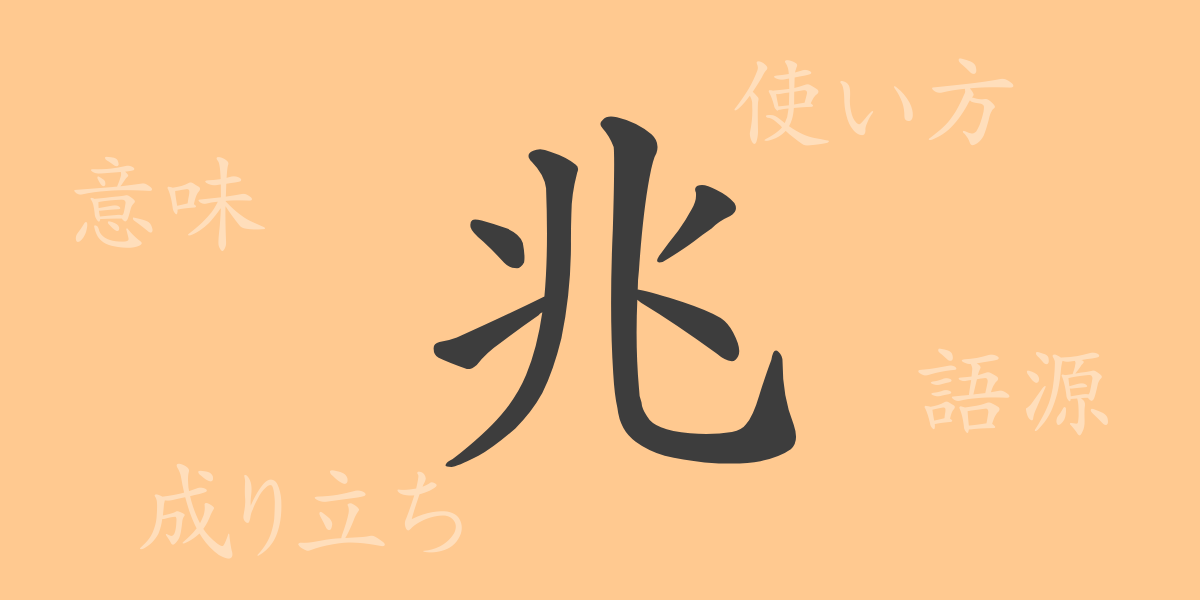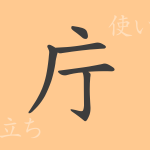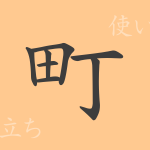In Japanese culture, kanji play roles beyond mere characters; they enrich meanings, embody traditions, and subtly integrate into our everyday usage. In this article, we delve deep into ‘兆(チョウ)’, a kanji frequently seen in daily life, exploring its etymology, meanings, usages, as well as its integration into idioms and proverbs that illustrate the richness and depth of the Japanese language. Let’s step into the world of the kanji ‘兆’.
Origins of ‘兆(チョウ)’
The kanji ‘兆’ has its roots in ancient China, symbolizing the cracks that appear on a turtle’s shell. Used in divination, these cracks were interpreted to predict good or bad fortune, leading to the meanings ‘omen’ and ‘sign.’ Additionally, ‘兆’ was used to represent signs in astronomical phenomena or changes in nature, indicating the precursors to significant events.
Meaning and Usage of ‘兆(チョウ)’
‘兆’ primarily means ‘premonition’ or ‘omen,’ indicating signs or signals of upcoming events. In economic terms, ‘兆’ denotes a trillion (1,000 billion), reflecting its use to represent very large numbers. The verb form ‘兆す’ suggests the imminent occurrence of an event.
Readings, Stroke Count, and Radical of ‘兆(チョウ)’
The kanji ‘兆’ is known for its multiple readings and simple structure:
- Readings: On’yomi ‘チョウ’; Kun’yomi ‘きざ.す’, ‘きざ.し’
- Stroke Count: ‘兆’ comprises 6 strokes.
- Radical: Its radical is ‘儿’ (にんべん).
Idioms, Phrases, and Proverbs Using ‘兆(チョウ)’
There are numerous idioms and phrases involving ‘兆’, reflecting its versatile usage:
- 好転の兆し: An expression meaning the sign of a situation improving.
- 一縷の兆し: A sliver of hope.
- 兆候: Signs or symptoms indicating the onset of an event.
These expressions are utilized in everyday conversations, literature, and even in the business realm.
Conclusion on ‘兆(チョウ)’
The kanji ‘兆’ is deceptively simple yet carries a multitude of meanings and applications. Its usage varies by context, enriching the nuances of the language and proving indispensable for expressing premonitions, economic figures, and signs of hope or change. Understanding ‘兆’ deepens one’s appreciation of Japanese linguistic expression. Remember the historical and semantic richness behind ‘兆’ whenever you encounter it in the future.

























